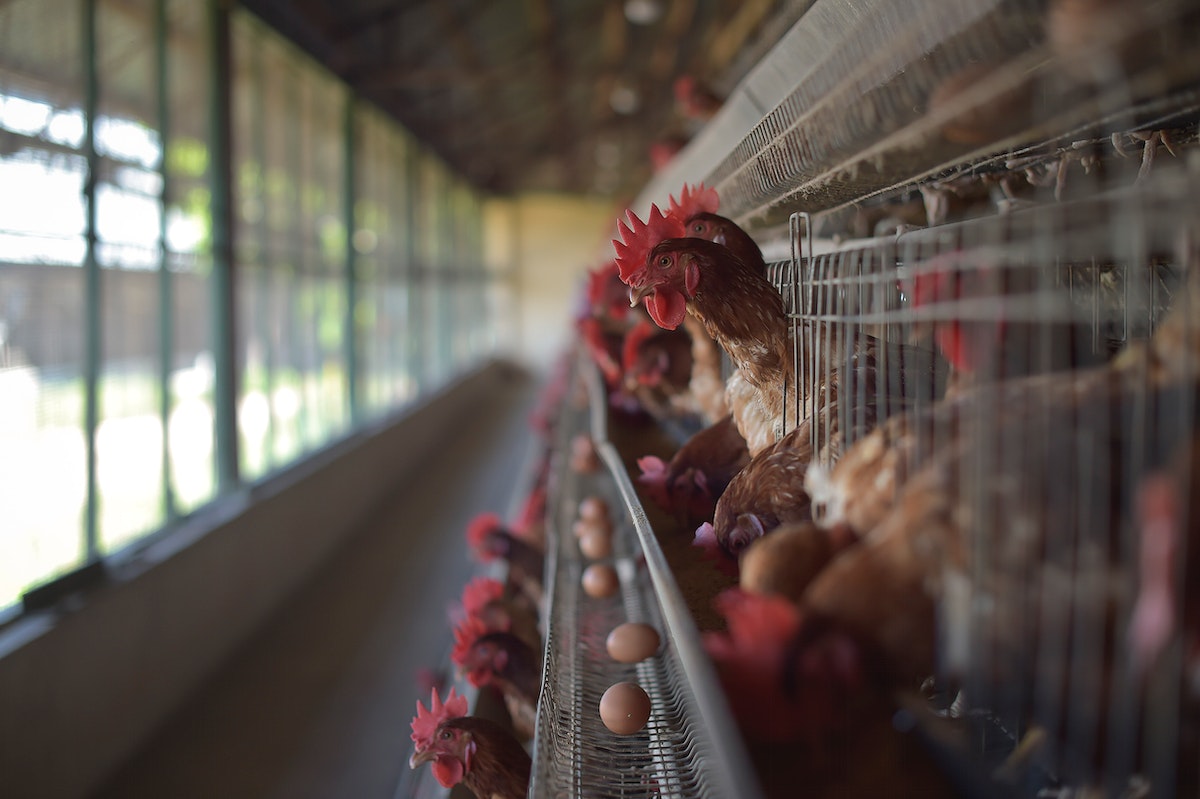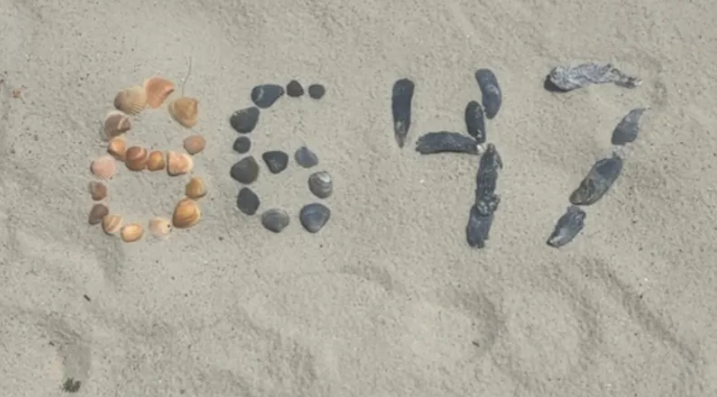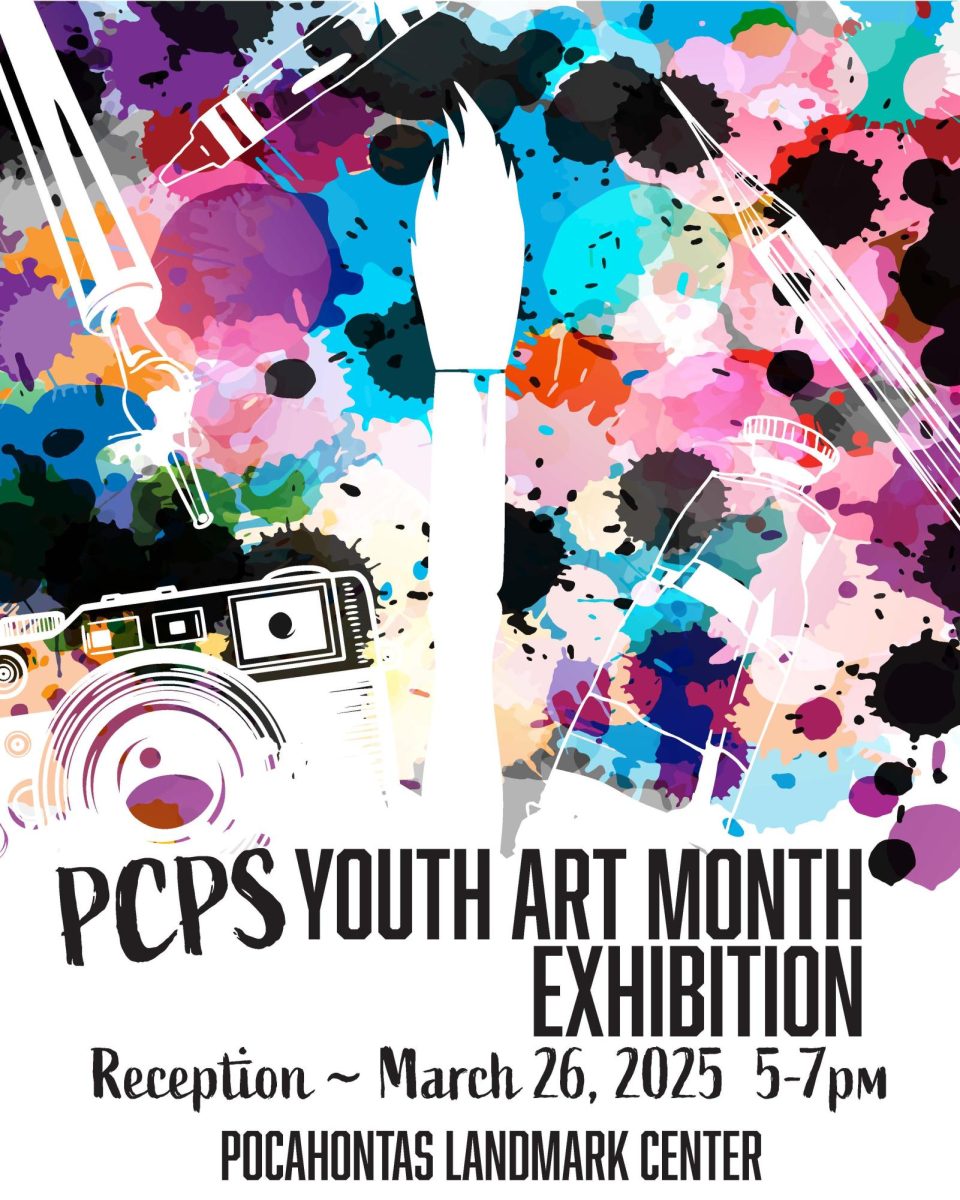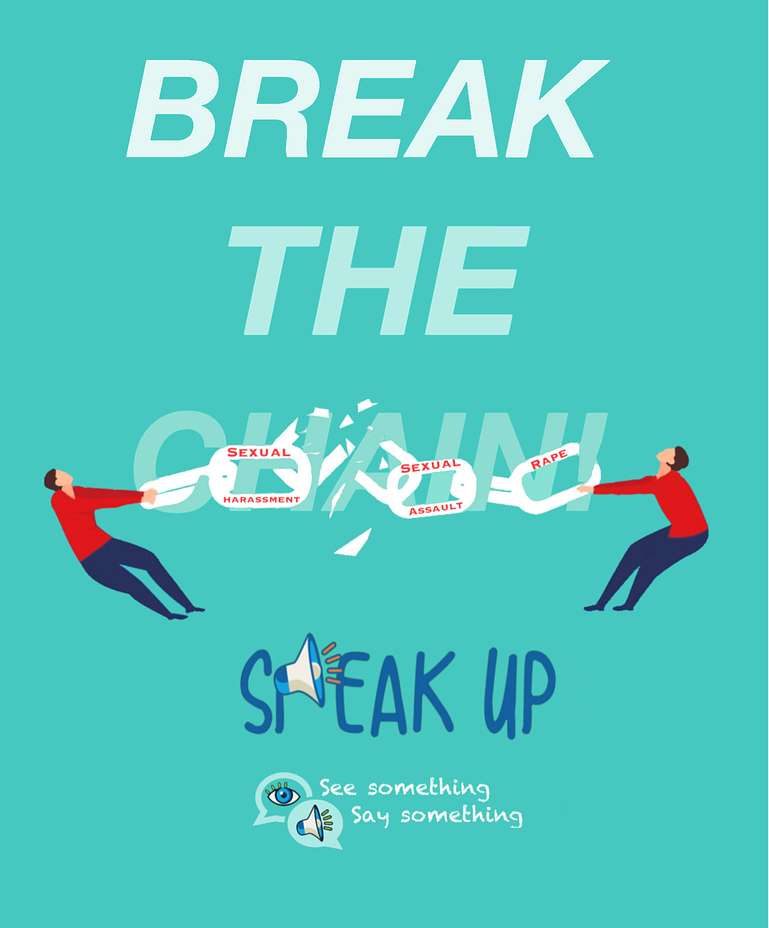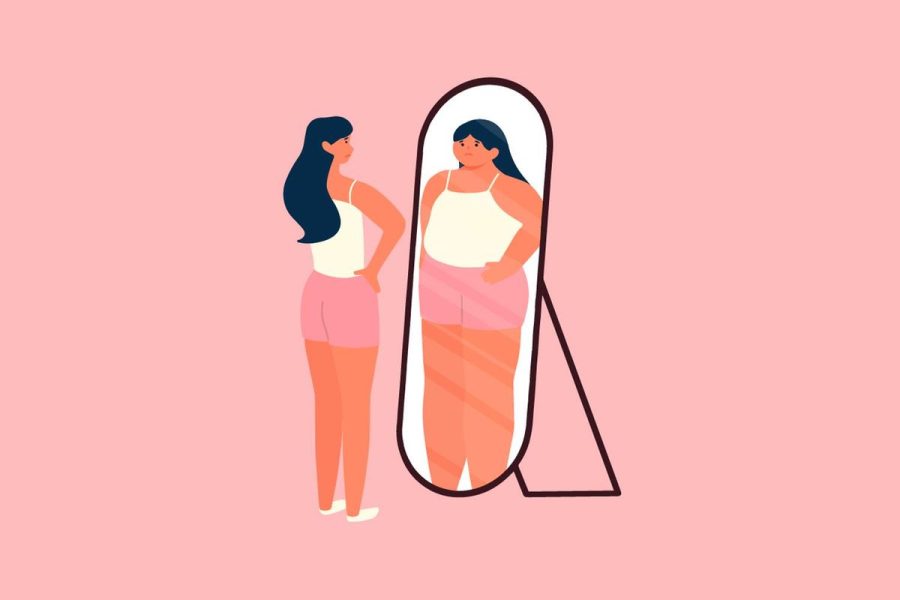Eating Disorders: The hidden illness plaguing the lives of teens
March 1, 2022
Feeling guilty for eating when you’re hungry is like feeling guilty when your lungs need oxygen to breathe. It sounds ridiculous when you put it that way, but as a society we’ve been conditioned to believe that starving ourselves and feeling bad about eating is normal. News flash, it’s not.
Having an eating disorder feels like having a veil over your eyes almost like you’re watching your life go by instead of actually living it. Many people with eating disorders struggle in silence, slowly fading away until they hopefully get the help they need.
Eating disorders are illnesses that often go under the radar. Many people try to hide them because they don’t want to get help or feel ashamed of what they’ve done. The consequences of this secretive illness are detrimental to a person’s overall health if they’re not receiving the help they need.
Social media plays a sinister part in eating disorders. The unrealistic body standards that are present on social media fuel the toxic thoughts that are behind disordered eating. Seeing a celebrity posting edited pictures of their body can cause people to be insecure because their body doesn’t look like that.
In the United States as many as 10 in 100 young women struggle with some form of disordered eating (AACAP.) It’s much more common for a girl to have an eating disorder, but many boys struggle with them too.
It’s an absolutely heartbreaking reality about what so many teens and children go through, but unfortunately it’s much more common than people may think.
In the past 10 years, the rate of eating disorders has increased by 7.8% (ASN), but with the rise of social media over the last decade this statistic isn’t surprising at all.
Eating disorders come in all shapes and sizes. It doesn’t look the same for everyone and neither does healing. Recovery isn’t linear and it can take a long time. Healing comes with many challenges, but in the end people always come out stronger than they went into it.
If you or anyone you know is struggling with an eating disorder you can go to nationaleatingdisorders.org for resources on how to get help. Things can get better and receiving the help you need is the first and most important step on the journey to recovery.



